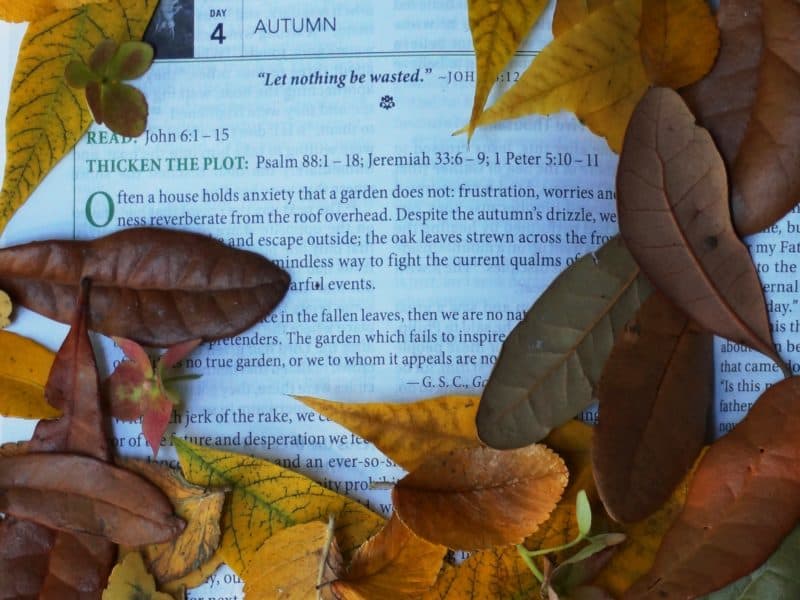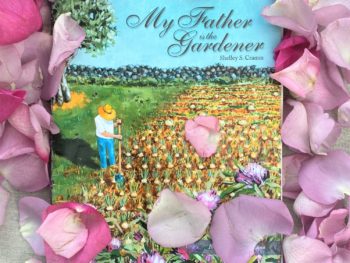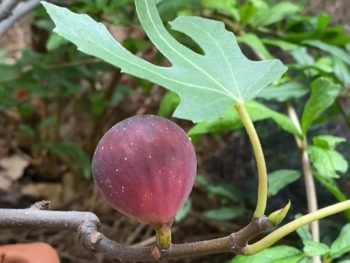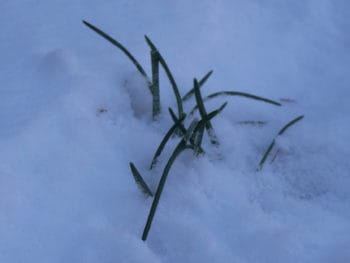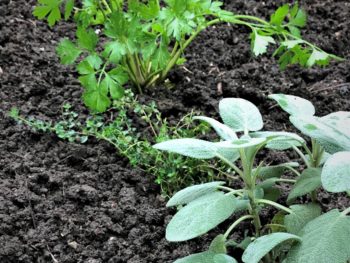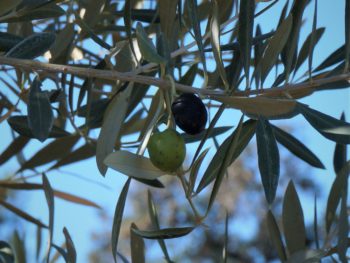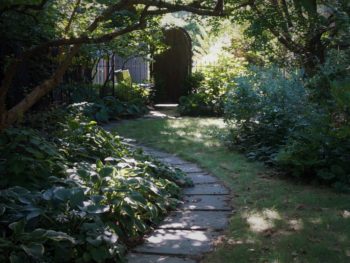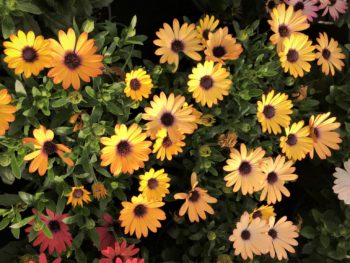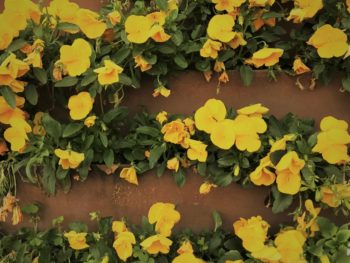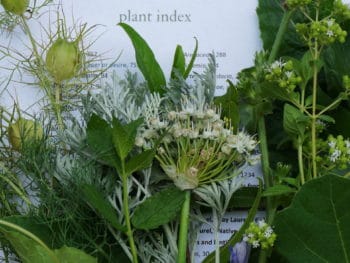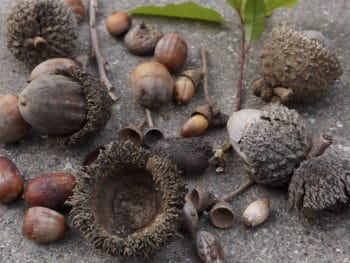Today is the first day of fall! Funny how the rhythm of change in our seasons yields a reliable sameness. Enjoy an excerpt from NIV God’s Word for Gardeners Bible looking to the hope of restoration among a lawn littered with leaves.
Let nothing be wasted. John 6:12 NIV
Read: John 6:1 – 15
Thicken the Plot: Psalm 88:1 – 18; Jeremiah 33:6 – 9; 1 Peter 5:10 – 11
Often a house holds anxiety that a garden does not: frustration, worries and hopelessness reverberate from the roof overhead. Despite the autumn’s drizzle, we are best to grab a coat and rake and escape outside; the oak leaves strewn across the front lawn will give us something to do, a mindless way to fight the current qualms of unemployment, financial challenge or other fearful events.
If we . . . find no fragrance in the fallen leaves, then we are no native lovers of a garden, but aliens and pretenders. The garden which fails to inspire affection in every phase of its life is no true garden, or we to whom it appeals are no true lovers.
— G. S. C., Gardens of Light and Shade, 1886
With each jerk of the rake, we can blurt out our miseries to God, crying to him of the terror of the future and desperation we feel (Psalm 88:15). Slowly, our complaints produce an abundance of leaf piles and an ever-so-slight feeling of reprieve, and if we have no energy for bagging or our community prohibits burning, we can leave the leaves to mulch the flower beds. Left directly on the cold, wet ground, tucked around roots and stalks, they will protect plants against the dropping autumn temperatures, becoming leaf mold through the freezing, dark days ahead, contributing nutrients to the soil, resting here until spring. Slowly, our thoughts yield thanksgiving: How beautiful that this year’s castoffs are useful for next year’s new growth. Ingeniously God uses everything!
And in a moment everything changes. We realize, opening our soul to God’s purposes, that he will use our desperate situation. The natural process of dead leaves decomposing to nurture new life gives us the experience of understanding — not the hows and whens, but a clear, calm knowing that this difficult time will grow something. Nourishing appreciation perhaps, or preventing weeds of pride and rebellion from becoming established (Jeremiah 33:8). Now we can return to the house, humbled and renewed, resting in his restoration.
Prayer: Lord, I can see for myself that the leafy fullness of my tree at the height of
summer, though it concedes to autumn’s fading sunlight and winter’s bareness, is
restored faithfully. I rake here every fall, and never has a summer come around
again without leaves on this tree (Genesis 8:22). You have patterned your way of
restoration right here in my yard. May I watch my trees and know that after I suffer
for a little while, you will restore me (1 Peter 5:10).

